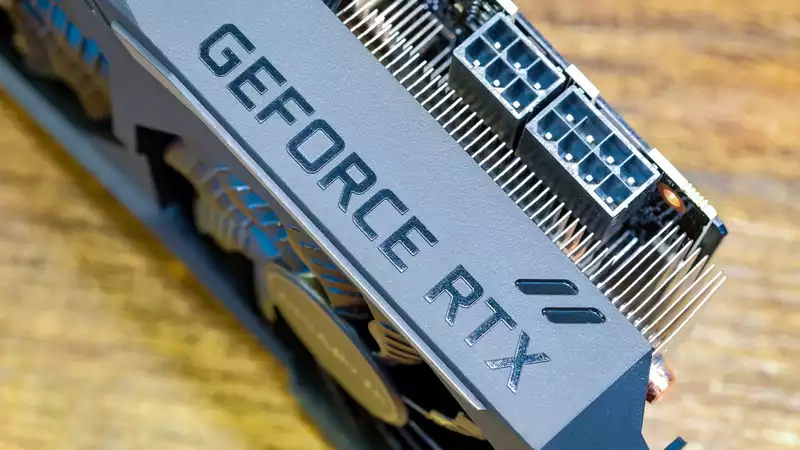Computer hardware manufacturer MSI has registered a number of graphics cards based on Nvidia's Ampere GPU architecture. One of them may be the GeForce RTX 3090.
Our sister site PC Gamer reports that MSI has registered what appears to be 29 Ampere-based graphics cards with the Eurasian Economic Commission. And three GPU models are listed, suggesting GeForce cards that Nvidia is expected to announce on September 1.
PC Gamer noted that the model numbers (602-V388, 602-V389, and 602-V390 versions) match the previous model numbering convention for MSI's GeForce RTX 20 series: the V388 model is for the GeForce RTX 3090, the V389 is GeForce RTX 3080, and V390 is assumed to correspond to the RTX 3070.
Given that there were multiple variations of each of these model numbers, we can expect quite a few configurations in the next wave of GeForce graphics cards. These will likely all be in different price ranges, with variations in clock speeds and cooling systems as well as video memory configurations.
While MSI's registration of all of these graphics cards gives us an idea of the naming scheme Nvidia will use, there was no mention of specs.
Based on leaked information so far, the GeForce RTX 3090 is expected to have 20GB of VRAM and a bandwidth of 1TB/sec thanks to its 384-bit memory interface. The RTX 3080, on the other hand, is expected to feature 10 GB of video memory, a memory clock of 4,750 MHz, a memory speed of 19 Gbps, and a bandwidth of 760 GB/s.
Both GPUs are likely to be very powerful, but all that VRAM could bring a hefty price tag. Therefore, the "Nvidia killer" AMD Big Navi rival graphics card could challenge them both if it can offer impressive performance at a cheaper price.
Nvidia is poised to unveil its new GeForce GPU series next week, and it won't be long before Nvidia confirms what it has been working on for the past two years since the launch of the Turing-based GeForce RTX 20 series.










Comments